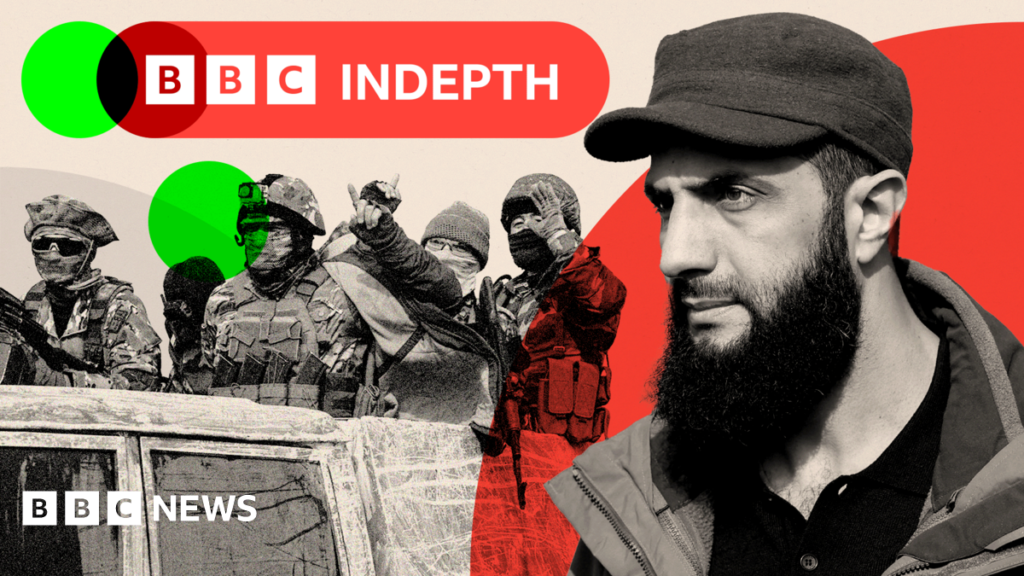HTS has built its authority in Idlib through a dual strategy: winning the hearts and minds of the local population, offering a form of stability, while using force to eliminate or co-opt rivals and even former allies.
The group has moved away from its distinctive jihadist rhetoric, fighting for religion and establishing Islamic rule (Sharia) in Syria as part of a broader, interconnected global project. Instead, they adopted a more “revolutionary” and nationalist narrative, focusing on a single goal the overthrow of Syrian President Bashar al-Assad and the “liberation” of Syria.
The civilian front created by HTS in 2017 to govern Idlib was called the Syrian Salvation Government (SSG). The aim was to demonstrate the management capabilities of HTS and strengthen its legitimacy. The move was also likely aimed at allaying concerns about the militants who rule the province in an effort to distance themselves from the violent image associated with IS’ rule over territory in Syria and Iraq.
The SSG functioned as a mini-state with a prime minister, ministries and local departments running key sectors such as education, health and reconstruction, while following a religious council governed by Sharia (Islamic law). He also established professional-looking military and police academies, often displaying graduation ceremonies and organizing military parades, which al-Shara’a usually attended.
SSG has often demonstrated its achievements in renovation and service delivery. He has often contrasted these efforts with appalling conditions and rampant corruption in areas controlled by the Syrian government or rival rebel groups. Al-Sharaa even visited the annual book fair in Idlib twice, giving speeches.
But HTS has faced significant challenges in Idlib, and its rule has been far from smooth.
Prior to the HTS-led rebel offensive on November 27, the group was dogged by anti-HTS protests, particularly against the leadership of Al-Sharaa. Protesters have accused HTS of suppressing dissent by forcibly disappearing and imprisoning opponents and critics.

